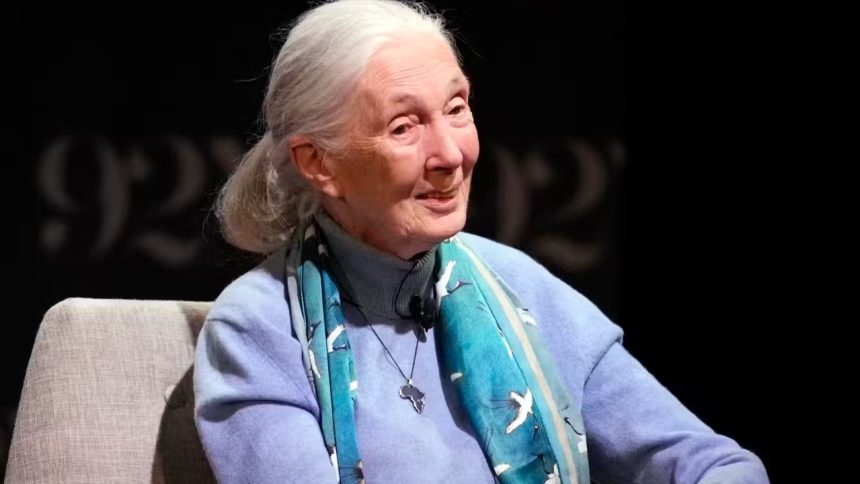On October 1, 2025, the world received the sad news that Dr. Jane Goodall, the legendary primatologist and conservationist, had passed away at the age of 91. Her death was confirmed by the Jane Goodall Institute, the global organization she founded in 1977. According to the institute, she died of natural causes while in Los Angeles, California, as part of a speaking tour in the United States.
The announcement highlighted her monumental legacy, stating, “Dr. Goodall’s discoveries as an ethologist revolutionized science, and she was a tireless advocate for the protection and restoration of our natural world.” Though her voice is now silent, her lifelong work, from the forests of Gombe to boardrooms and lecture halls across the globe, ensures her spirit and mission will endure for generations to come.
A Final Chapter on the Road
True to her unwavering commitment to her cause, Jane Goodall was actively engaged in her work until the very end. Her passing occurred while she was on a speaking tour, a testament to the relentless energy she brought to raising awareness about environmental conservation and animal welfare even in her nineties. She had public events scheduled in the days following her passing, including one in Los Angeles on October 3rd. Her schedule was a reflection of a lifestyle she maintained for decades; well into her 80s and 90s, she was known to travel up to 300 days a year to share her message of hope and urgency for our planet.
You Might Like: Cathy Engelbert: What’s Her Net Worth and Salary in 2025?
The specific location of her death was Los Angeles, California, where she had traveled as part of this tour. The official cause was confirmed by her institute as natural causes. This peaceful passing marked the close of an incredible life that began in London on April 3, 1934, and forever changed humanity’s relationship with the natural world.
The Legacy of a Trailblazer
Today, the UN family mourns the loss of Dr. Jane Goodall.
The scientist, conservationist and UN Messenger of Peace worked tirelessly for our planet and all its inhabitants, leaving an extraordinary legacy for humanity and nature. pic.twitter.com/C0VMRdKufF
— United Nations (@UN) October 1, 2025
To only focus on how Jane Goodall died is to miss the profound story of how she lived. She was just 26 years old when, with no formal university degree, she first set foot in what is now Gombe Stream National Park in Tanzania. Immersing herself in the world of wild chimpanzees, she became a neighbor rather than a distant observer. Her groundbreaking discoveries shattered long-held scientific beliefs. She documented how chimpanzees used sticks as tools to fish for termites, proving that humans were not the only tool-making species. She revealed that they had complex social lives, experienced emotions like joy and sorrow, and even had a capacity for violence and warfare.
Her work revolutionized primatology and redefined our understanding of what it means to be human. As her mentor, Louis Leakey, famously said upon learning of her tool-making discovery, “We must now redefine man, redefine tool, or accept chimpanzees as humans!” Beyond her scientific contributions, Goodall became a powerful global voice for the environment. She founded the Jane Goodall Institute and the Roots & Shoots youth program, empowering young people in nearly 100 countries to take action in their communities. Her countless honors, including being named a UN Messenger of Peace and receiving the U.S. Presidential Medal of Freedom, speak to the vast impact of her work.
Jane Goodall’s journey began with a childhood dream of Africa and a deep love for animals, and it blossomed into one of the most significant scientific and conservation stories of our time. She showed us our profound connection with the animal kingdom and dedicated her life to protecting it. While the world has lost a visionary, her legacy is not confined to the history books. It lives on in the continued work of her institute, in the millions of young activists she inspired, and in a simple, powerful belief she often shared: “What you do makes a difference, and you have to decide what kind of difference you want to make.”



